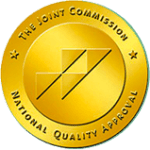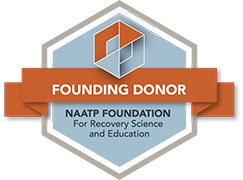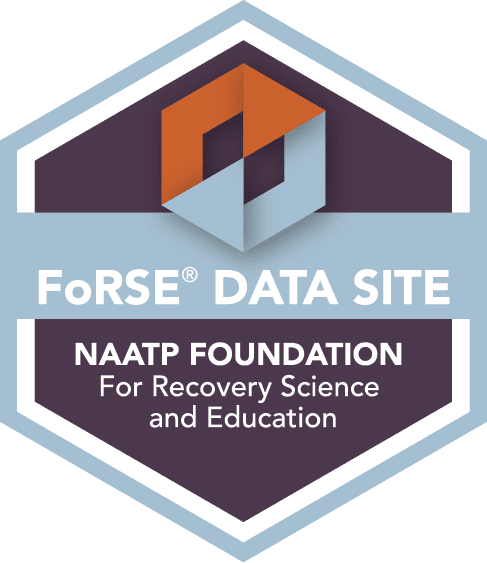Dealing with Embarrassment after Relapse in Long-Term Sobriety
Relapse is one of the most commonly feared topics of addiction recovery, mostly because nobody likes to think of themselves as “starting over” or “going back to Day 1”. The reality is the relapse is a normal part of recovery; we’re naturally going to slip back into old addictive patterns of behavior from time to time, and we still have the potential to get right back up on our feet. If you’ve recently relapsed in recovery, you may be feeling a lot of emotions right now: anger, shame, embarrassment, guilt and more, but you can’t let that hold you back from moving forward and learning from your experiences. Instead, you must allow it to propel you to where you need to be.
What Leads Us to Relapse
Relapse can occur for anyone, and for seemingly no reason, too. A 2017 study published in the journal Military Medicine assessed 207 veterans and found that relapse did occur amongst those in long-term addiction recovery; those who were unable to complete residential treatment programs, those with longer medical rehospitalization, and those with nicotine dependency were at an increased risk of relapse, but there are many other factors that can contribute to it. If we’re feeling complacent in recovery, we may relapse because our guards are down; if we’re suddenly bombarded by intense thoughts, emotions or life circumstances, we may revert to previous addictive patterns of behavior because we temporarily forget the tools we’ve learned thus far in recovery. One person shared their experience via the website AA Grapevine. They shared their story of how relapse “crept” back into their recovery after 5 years of sobriety. Here is an excerpt of their story: “I relapsed when I found out my wife had cancer. I had the feeling that I did before I went to AA the first time – that there was no possible way that I could stop…the day we found out my wife was sick I felt like I had the perfect excuse. I’m going to a meeting in the morning, be honest about my relapse, pick up a chip and get back on the horse.”
No matter how relapse occurred for you, there’s no doubting that the aftermath of relapse is an emotionally painful experience.
Pain and Relapse: A New Perspective on Recovery
If we’ve been working towards our recovery for quite some time, it’s only natural that we’re going to feel a tinge of pain after relapsing. It’s a harsh reality that we have to face when it occurs – and sometimes it can remind us of just how “human” we truly are. Singer Demi Lovato recently overdosed in July of 2018, and she’s been brutally honest about the pain of relapse in long-term recovery – along with other celebrities, such as Jamie Lee Curtis, Kelly Osbourne, “The Hills” and “Laguna Beach” star Jason Wahler, Keith Urban and others.
Time Magazine highlighted a study several years ago that found just how influential our feelings of shame, embarrassment, and guilt can impact our recovery afterwards. After interviewing 105 people in addiction recovery, they found that those who exhibited physical displays of shame were more likely to have stronger relapse incidences than those who worked through their relapse afterwards. What does this mean for those of us who have been sober for years at a time, and find ourselves at a point of relapse?
This means that we need to stop placing so much criticism on ourselves, and instead find growth and understanding from our experiences. Relapse is truly nothing to be ashamed of, because it’s just a part of a learning process. It’s a bump along the way, but it’s not the whole book. In fact, it’s not even a full chapter – maybe just a page or two. If we can start looking at these moments of vulnerability as lessons to be learned, we can grow and transform from them rather than cause ourselves even more mental anguish through harsh self-criticism.
What to Do if You’ve Relapsed
Relapse is a sign that you need to jump back into the activities that were keeping you strong in recovery before. Go back to attending those 12-Step meetings that you’ve started missing lately. Connect with your peers in recovery and get involved in more recovery-related activities again. Tyler Hanna, a student at North Central University, expressed to The Fix in 2017 that community is everything; the meaningful connections that we develop with other people often serve as the glue that holds us together through those troubling times. For Tyler specifically, it was recalling the support community that he’d built over the last 18 months of sobriety that inspired him to say “no” to using one night when he almost relapsed.
Don’t give up on yourself, on your community, or on your recovery. You are a strong person who has already made it so far – and you’ll continue to do so as you learn and grow.
This is the year to change your life from suffering due to the disease of addiction to thriving in the sunlight of the spirit of sobriety. As the world’s first 12-Step treatment center, established in 1939, High Watch Recovery is dedicated to educating patients on 12-Step principles, actions, philosophies, and lifestyles, preparing them to live a happy and healthy sober life after graduating. For information on our continuum of clinical care and our compassionate approach to treatment, call us today: 860.927.3772.








